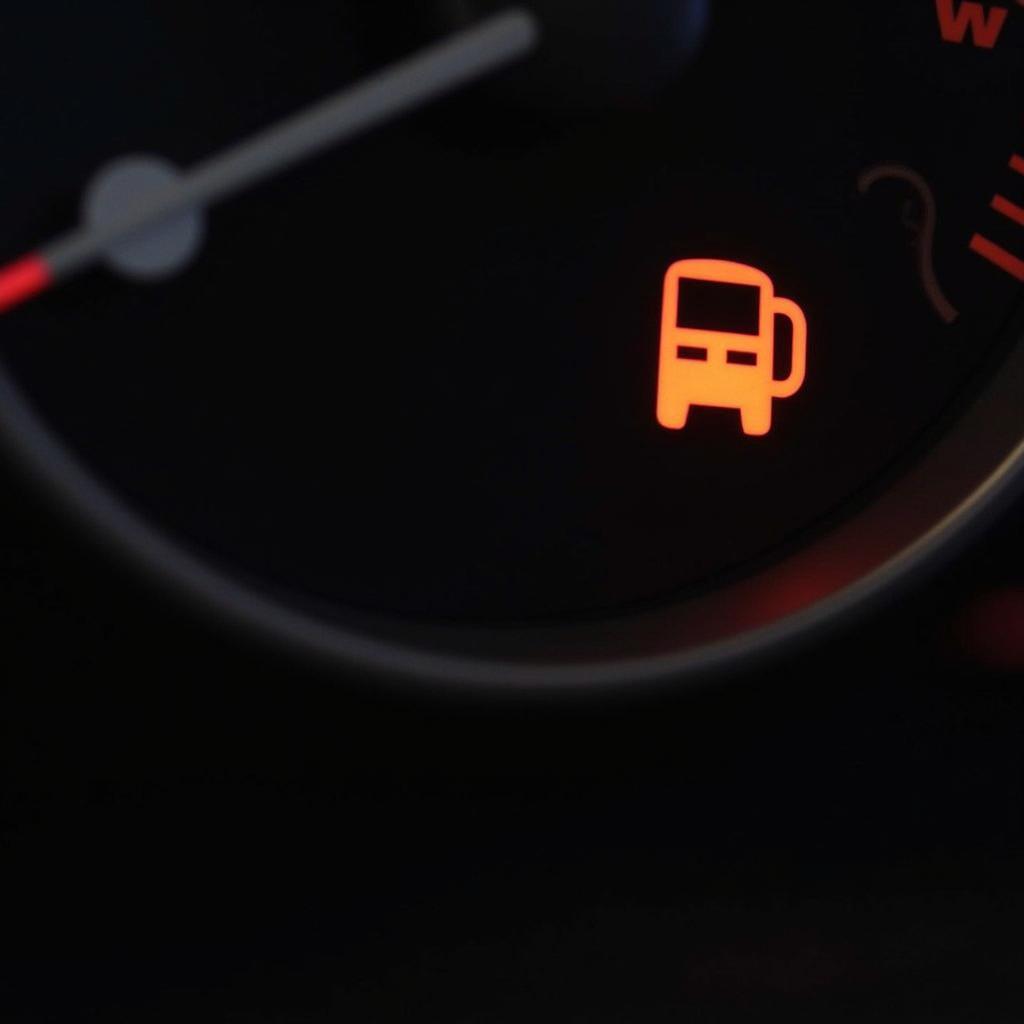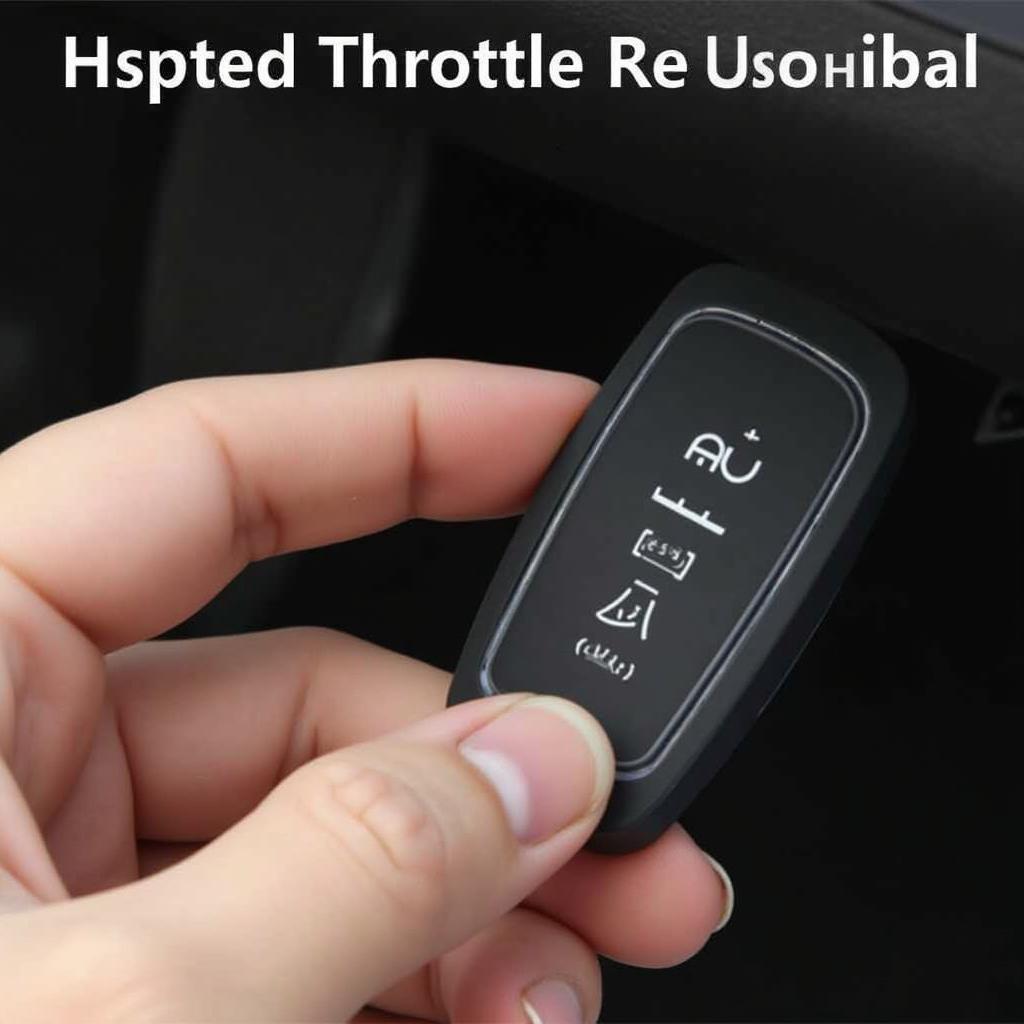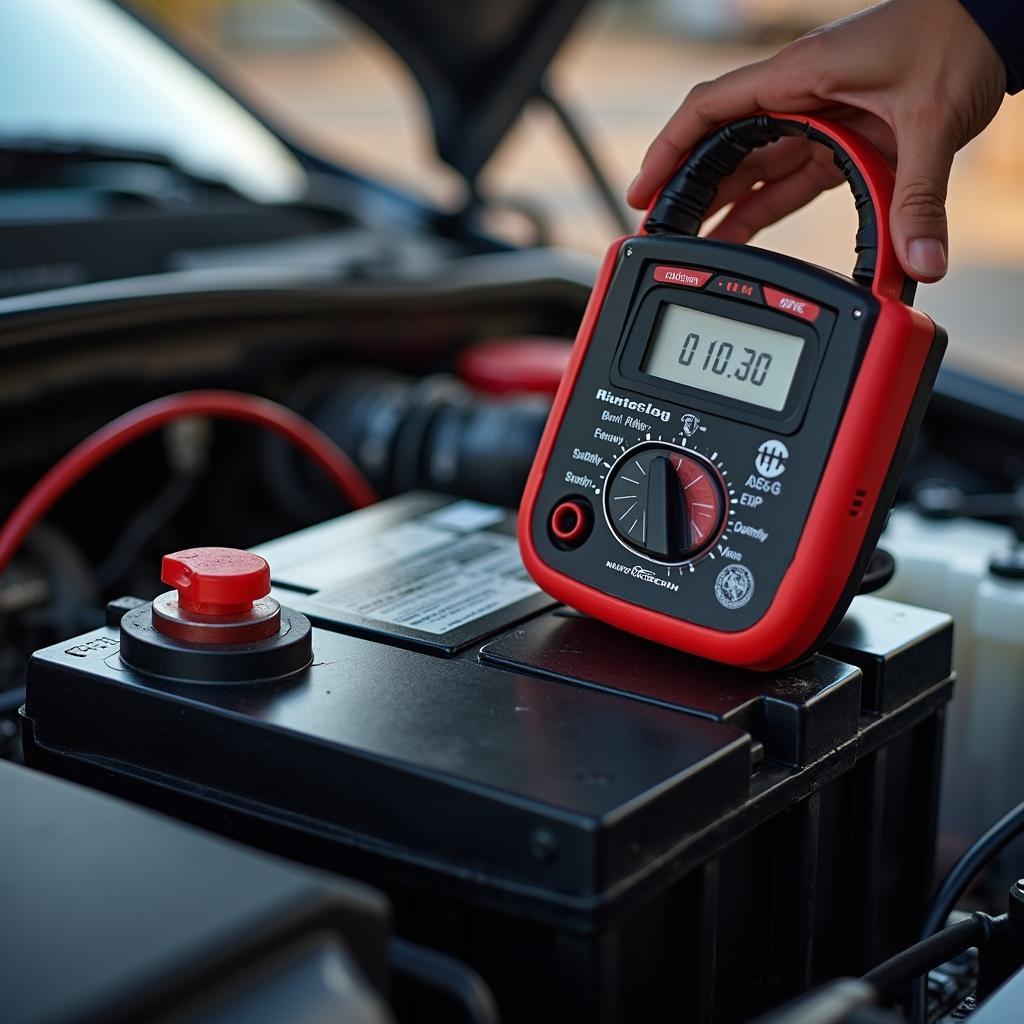Experiencing a sudden decrease in your car’s acceleration while driving can be quite alarming. This issue could be caused by a variety of factors, ranging from a simple problem to a major engine malfunction. It’s important to identify the root cause of the issue to fix it properly and ensure a safe driving experience.
This guide will provide you with a step-by-step approach to diagnose and address acceleration problems while driving. We’ll cover common causes, troubleshooting techniques, and important considerations to keep in mind.
Common Causes of Car Acceleration Problems
Several factors can lead to acceleration issues in your car, including:
- Engine problems: A faulty engine can significantly impact acceleration performance. Problems with the spark plugs, fuel injectors, or air filter can hinder the engine’s ability to burn fuel efficiently, resulting in sluggish acceleration.
- Transmission problems: The transmission plays a crucial role in transferring power from the engine to the wheels. A faulty transmission can cause slipping, gear shifting issues, or complete failure, all of which can affect acceleration.
- Fuel system problems: Fuel supply and delivery are essential for optimal engine performance. A clogged fuel filter, faulty fuel pump, or problems with the fuel pressure regulator can restrict fuel flow, leading to acceleration issues.
- Electrical problems: Electrical components play a vital role in engine operation. Issues with the ignition system, throttle position sensor, or wiring can disrupt fuel delivery and spark timing, affecting acceleration.
- Oxygen sensor problems: Oxygen sensors monitor the exhaust gas composition and provide feedback to the engine control unit (ECU). A faulty oxygen sensor can lead to inaccurate fuel mixture adjustments, resulting in poor acceleration.
- Catalytic converter problems: Catalytic converters convert harmful pollutants into less harmful emissions. A clogged or damaged catalytic converter can restrict exhaust flow, hindering engine performance and affecting acceleration.
How to Diagnose Acceleration Problems
Accurately diagnosing the cause of acceleration problems requires a systematic approach. Here are some troubleshooting steps to help you identify the issue:
1. Check the Engine Light:
 Engine Light On – Car Acceleration Problems
Engine Light On – Car Acceleration Problems - If the engine light is on, it indicates a potential fault within the engine control system. You can use an OBD-II scanner to read the diagnostic codes to pinpoint the problem.
2. Check Fuel Gauge and Fuel Filter:
- Ensure your fuel tank is not nearly empty, as this can cause fuel starvation and lead to poor acceleration.
- Inspect the fuel filter for any signs of clogging or damage. A dirty filter can restrict fuel flow and cause acceleration problems.
3. Check for Signs of Smoke or Unusual Sounds:
- Listen for any unusual sounds coming from the engine, such as knocking, rattling, or hissing.
- Observe the exhaust for any unusual smoke, including black smoke (rich fuel mixture), blue smoke (burning oil), or white smoke (coolant leakage). These symptoms can indicate engine issues that might be affecting acceleration.
4. Test the Throttle Response:
 Checking Throttle Response for Acceleration Problems
Checking Throttle Response for Acceleration Problems- While driving, gently press the throttle pedal. Observe how the engine responds. If the acceleration is slow, hesitant, or jerky, it indicates potential engine or transmission problems.
5. Check the Air Filter:
- A dirty air filter can restrict airflow to the engine, reducing power and affecting acceleration. Inspect the air filter and replace it if necessary.
6. Test the Battery:
 Checking Battery Voltage for Acceleration Problems
Checking Battery Voltage for Acceleration Problems- A weak battery can affect the ignition system and cause acceleration problems. Test the battery voltage using a multimeter and replace the battery if needed.
Expert Tips for Addressing Acceleration Problems
“Remember, it’s essential to diagnose the problem correctly before attempting any repairs,” says John Smith, a certified automotive technician with over 20 years of experience. “Don’t hesitate to consult with a qualified mechanic if you’re unsure about the cause or solution.”
“Don’t try to fix complex engine issues yourself, as this could worsen the problem and lead to costly repairs,” suggests Sarah Jones, a renowned automotive engineer. “It’s best to leave those tasks to qualified professionals.”
Conclusion
Experiencing acceleration problems while driving can be a frustrating and potentially dangerous situation. By understanding the common causes and following the troubleshooting steps outlined in this guide, you can identify the root cause and take appropriate action to fix the issue.
Remember, if you’re not comfortable with any of these troubleshooting steps or you suspect a serious engine problem, it’s best to consult with a qualified mechanic to prevent further damage and ensure safe driving.
For professional assistance with automotive repairs, contact Autotippro today!
AutoTipPro
Phone: +1 (641) 206-8880
Office: 500 N St Mary’s St, San Antonio, TX 78205, United States
FAQ
Q: Can a bad spark plug cause acceleration problems?
A: Yes, a faulty spark plug can misfire and cause sluggish acceleration.
Q: What does it mean if my car hesitates when accelerating?
A: Hesitation while accelerating could be caused by a variety of issues, including a clogged fuel filter, faulty fuel injectors, or ignition system problems.
Q: Can a dirty air filter cause acceleration problems?
A: Yes, a dirty air filter can restrict airflow to the engine, reducing power and affecting acceleration.
Q: What should I do if my car is losing power while accelerating?
A: If your car is losing power while accelerating, it’s crucial to pull over to a safe location and call for professional assistance.
Q: How can I prevent acceleration problems in my car?
A: Regular maintenance, including oil changes, air filter replacements, and fuel filter inspections, can help prevent acceleration problems.





Leave a Reply